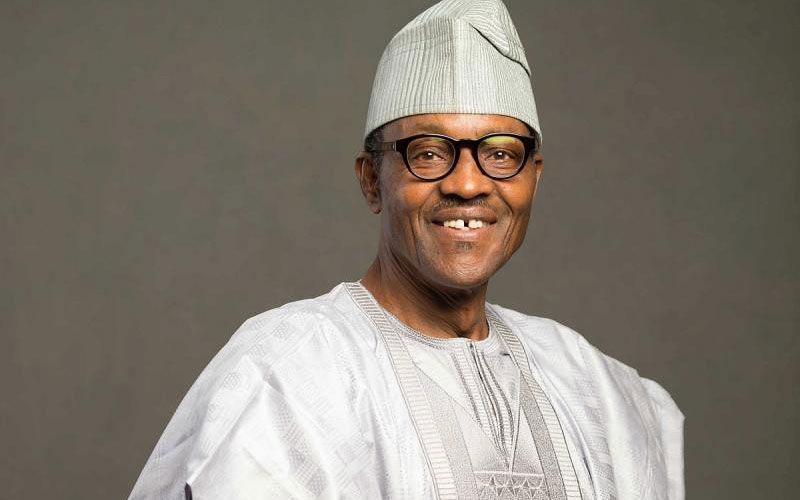×
The Standard e-Paper
Stay Informed, Even Offline

A tribunal on Friday charged Nigeria’s suspended chief judge for breaching asset declaration rules but adjourned his trial until after Saturday’s presidential elections.